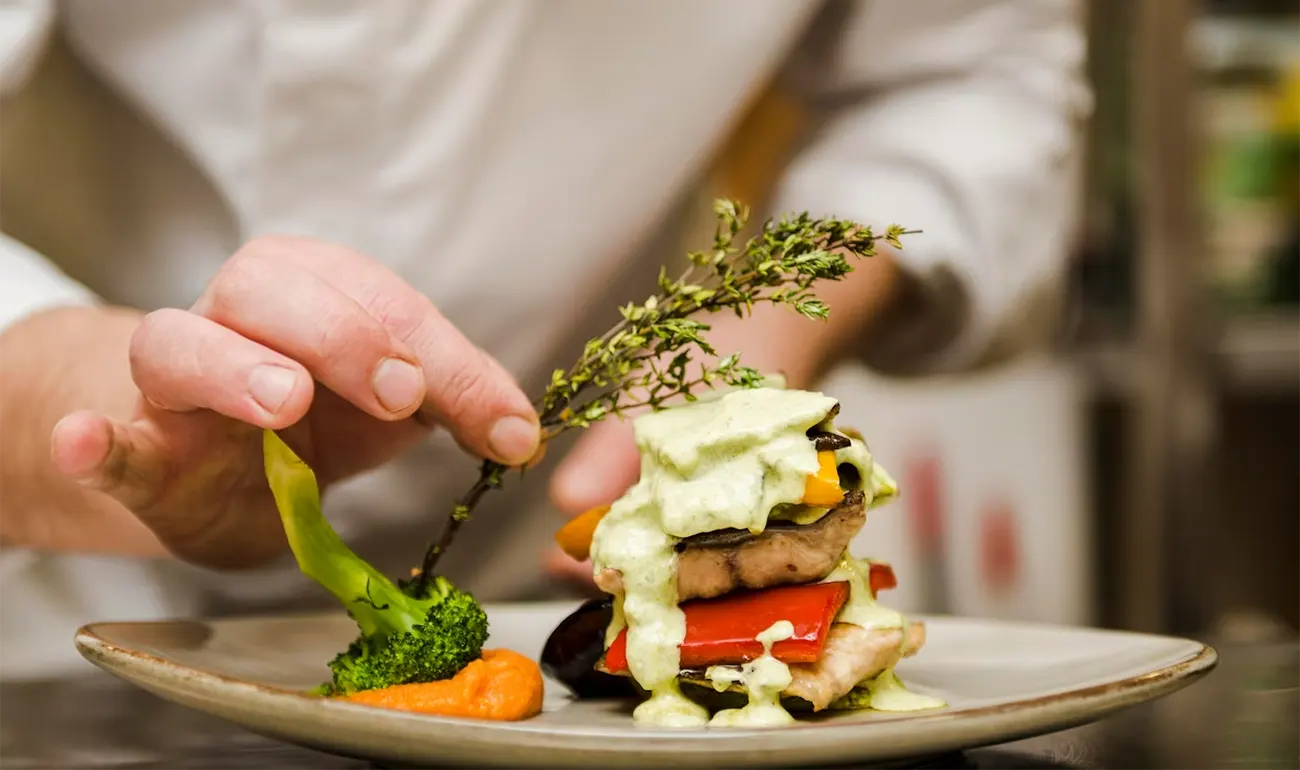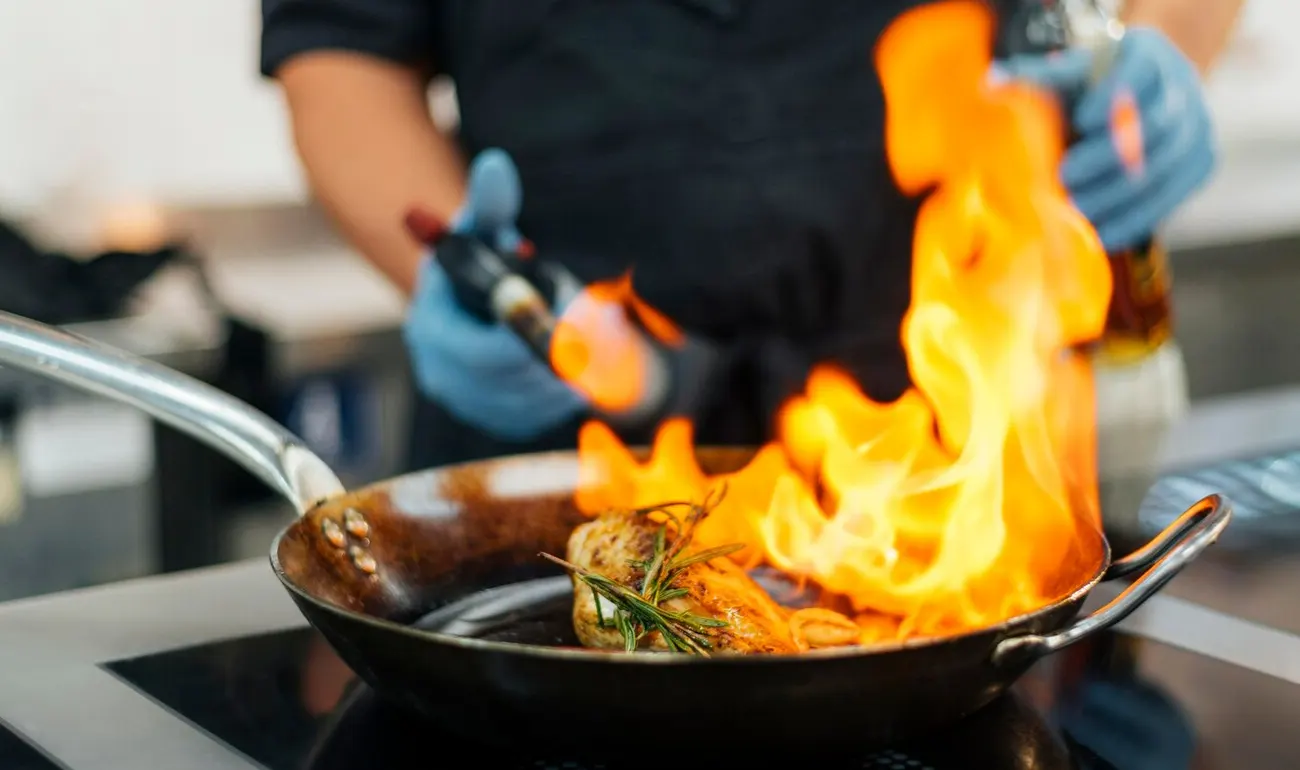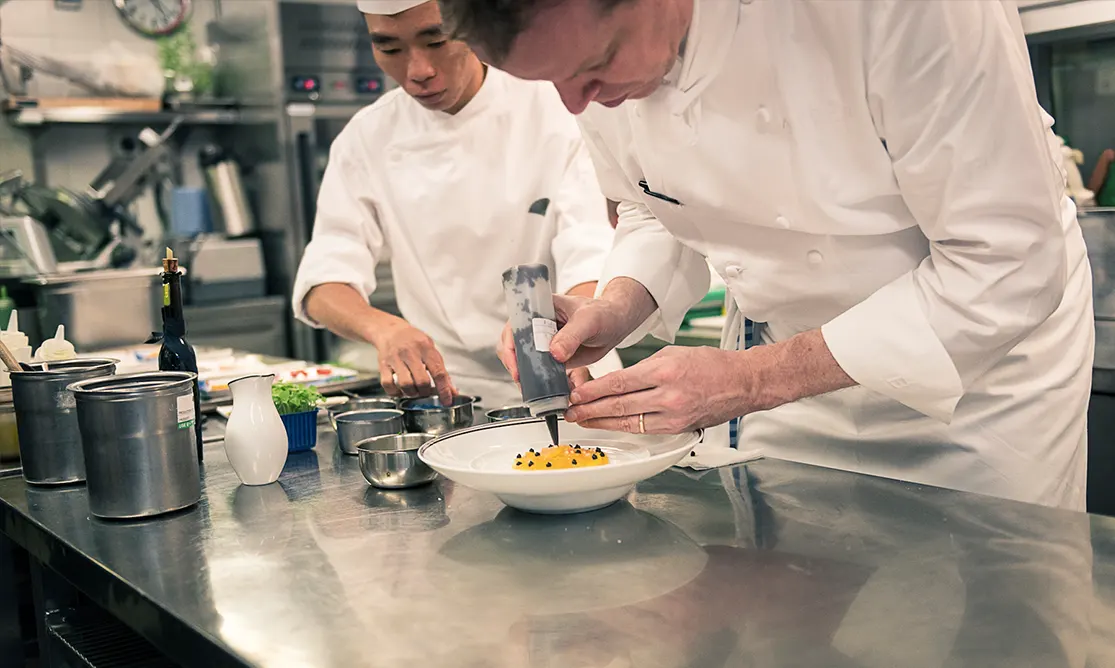Immerse yourself in the world of French culinary traditions and techniques. Explore the essence of what makes traditional French cooking unique, unveiling 5 key cooking techniques that define excellence. From sautéing to flambéing, discover the artistry that has elevated French cuisine to the pinnacle of gastronomy.
Exploring the Essence: What Are 5 French Cooking Techniques?
French cooking techniques stand as a cornerstone in the world of gastronomy, known for their precision, elegance and time-honoured practices. In this culinary exploration, we unravel the essence of French cooking, getting into both the rich traditions that define French cuisine and the techniques that have elevated it to the pinnacle of the culinary world.
French Culinary Traditions: A Gastronomic Heritage
– Seasonal and Regional Ingredients: At the heart of French culinary traditions is a deep respect for seasonal and regional ingredients. French culinary artisans prioritise elevating their dishes by meticulously selecting and utilising fresh, locally sourced produce to enhance and intensify flavours. This commitment to quality ingredients not only reflects in the taste but also showcases a profound
connection to the land.
– Slow Cooking and Braising: Traditional French cooking methods involve slow cooking and braising techniques. From Coq au Vin to Boeuf Bourguignon, these dishes are a testament to the art of patient cooking. Slow simmering allows flavours to meld, creating dishes that are rich, tender and infused with a depth that can only be achieved through time and care.
– Wine as a Culinary Companion: In French culinary traditions, wine is not just a beverage; it is an essential ingredient in many dishes. From deglazing pans to creating exquisite sauces, wine adds complexity and depth to French cuisine. The art of wine pairing is also deeply ingrained, with chefs considering the nuance of flavours to create harmonious dining experiences.
5 French Cooking Techniques That Define Excellence
- Sautéing (Sauter): Sautéing is a fundamental French cooking technique that involves quickly cooking ingredients in a small amount of fat over high heat. This method is employed to achieve a delicate balance between caramelisation and maintaining the natural flavours and textures of the ingredients.
- Poaching (Pocher): Poaching is a gentle cooking technique widely used in French cuisine. It involves simmering ingredients, often proteins like fish or eggs, in a flavorful liquid. This method ensures that the food retains its moisture, resulting in tender and succulent dishes.
- Flambéing (Flamber): Flambéing is a dramatic technique where alcohol, usually brandy or cognac, is ignited to create a burst of flames. This not only adds a theatrical element to the cooking process but also imparts a unique flavor to the dish. Popular examples include Steak Diane and Crêpes Suzette.
- Braising (Braiser): Braising is a slow-cooking method that involves searing ingredients at a high temperature and then cooking them slowly in a covered pot with a flavourful liquid. This method is often employed with tougher meat cuts, yielding dishes that are tender, flavourful and infused with the essence of the cooking liquid.
- Blanching (Blanchir): Blanching is one of the classic French cooking methods. In this technique, ingredients are briefly immersed in boiling water and then immediately transferred to ice water to halt the cooking process. In French cuisine, vegetables often use blanching to preserve their vibrant colour, texture and nutritional value.
What Is Traditional French Cooking?
Traditional French cooking is characterised by a commitment to craftsmanship, respect for quality ingredients and a focus on bringing out the natural flavours of each component. It encompasses a wide range of techniques and recipes passed down through generations, creating a culinary heritage that is both timeless and adaptable to contemporary tastes. In conclusion, the artistry of French culinary traditions and techniques continues to captivate the world. From the reverence for seasonal ingredients to the mastery of sautéing, poaching, flambéing, braising and blanching. French cooking represents a harmonious blend of tradition and innovation.
Aspiring chefs and culinary enthusiasts alike find inspiration in the elegance and precision that defines the essence of French gastronomy.
Elevate Your Culinary Journey: Enroll at Institut Disciples Escoffier
Discover the global influence of French cuisine and explore the artistry of French culinary techniques, a skill set that has transcended borders and become a cornerstone of kitchens worldwide. The widespread popularity and historical colonisation efforts in the 19th and 20th centuries have propelled French cuisine into an integral part of diverse culinary cultures globally. Its enduring influence makes
it the perfect foundation for anyone seeking a comprehensive culinary education.
While self-learning offers valuable insights, enrolling in a distinguished French culinary school like Institut Disicples Escoffier elevates your understanding to new heights. Uncover the depth of knowledge available in culinary arts degree or diploma programs and embark on a journey where the essence of French culinary expertise becomes your own.














